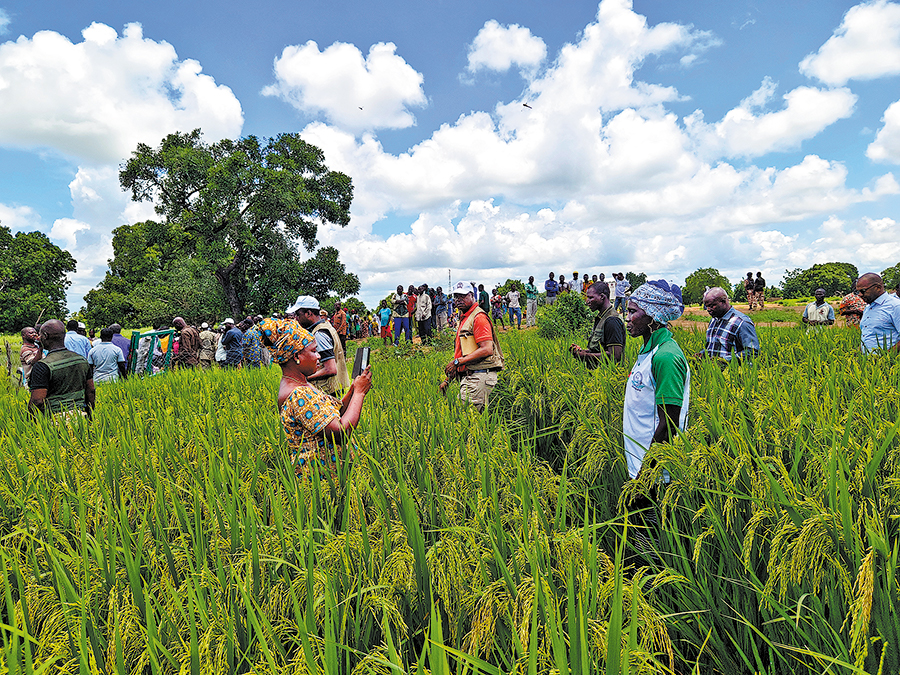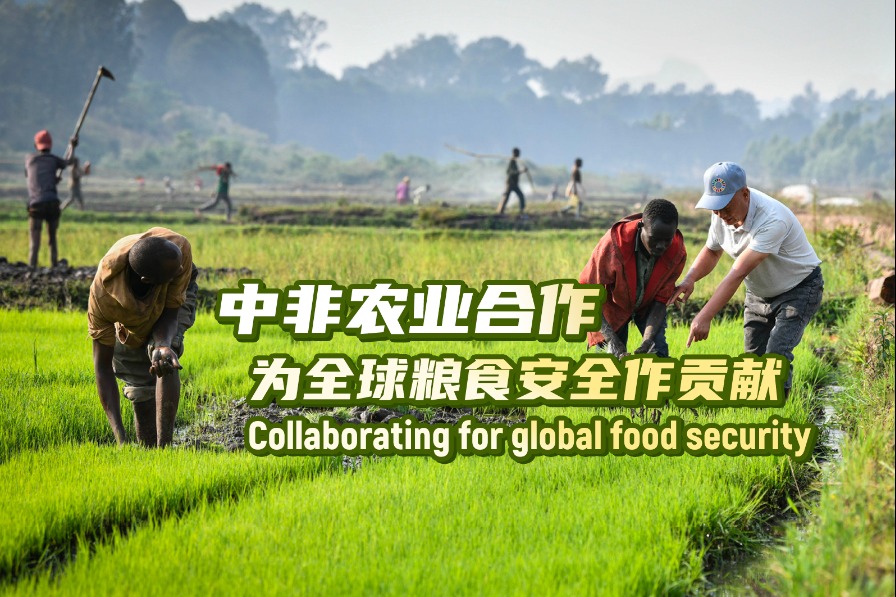'Tailored solutions' help fill Africa's grain bags
Chinese experts draw on experiences at home to boost continent's food crops


When Li Xiaoyun first arrived in Tanzania in the late 1990s as a young student, the arid lands of East Africa, reminiscent of his hometown in Northwest China, sparked a fire within him.
Returning to Tanzania in 2008 as a professor at China Agricultural University in Beijing, Li carried lessons from China's rapid progress in food productivity and compared corn yields between the fertile North China Plain and Tanzania's struggling fields.
A key difference captured his attention. Chinese farmers were planting more than 60,000 corn plants per hectare, while many of the Tanzanian farmers Li studied settled for about 15,000, resulting in significantly lower yields.
"This was an obvious difference, but many Tanzanian farmers didn't realize it," said Li, who is now the honorary dean of CAU's College of International Development and Global Agriculture due to his contributions to global agricultural exchanges.
Li is part of a group of Chinese agricultural researchers and development experts who have used their expertise to boost food productivity and alleviate extreme poverty over recent decades in Africa, home to some of the most malnourished people on the planet.
Unlike other previous aid efforts that often imposed technologies beyond Africa's development stage, Chinese experts advocated simple, cost-effective, and easy-to-implement techniques.























